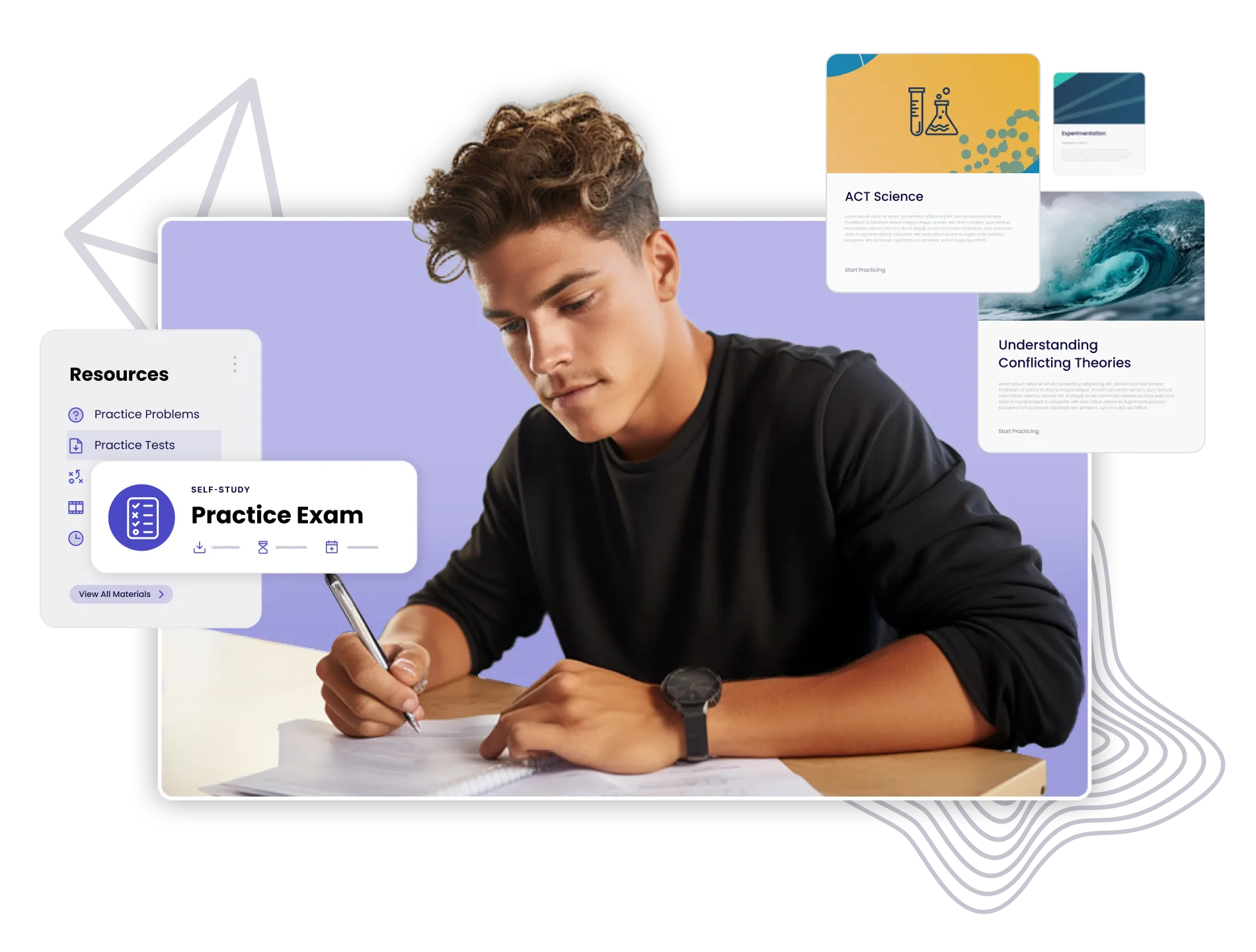5 Tips For Learning Financial Literacy

While young adults can disagree on the topics that they feel got too much coverage in school–from cursive to precalculus to memorizing state capitals–there’s just about universal agreement that one topic should have been taught a lot more thoroughly: financial literacy. Especially during tax season, people lament not having learned about budgeting, taxes, and investments. But as the old financial saying goes, the best time to have invested is 30 years ago, but the second-best time is now. And that’s true of learning about personal finance, too. So here are some tips for becoming more financially literate, at any age.
1. Seek Knowledge Over Advice
One of the most fundamental lessons of economics is that demand drives prices up: the more that people want something, the higher the price goes (until supply increases). So an important reality of seeking financial advice is that a lot of people dispensing it have their own financial incentive in doing so: a financial advisor makes money by having more clients, a financial influencer makes money by having more views, and an investor can drive up the value of their investment by getting other people to want it, too.
A great way to learn about personal finance is by asking others what they do, or through books and podcasts. But make your goal to understand not just “what” those people do but why they do them so that you build knowledge and don’t merely seek to replicate a plan that may have worked for someone in spite of their strategy, not because of it.
2. Take Overview Classes
A great way to seek that knowledge is to find classes that cover a range of topics vs. getting direct recommendations to take specific actions. A broad understanding of what investments are or how taxes and deductions work can give you the context to think critically about various ways to spend or manage your money. And because setting good (or bad) financial habits can save (or lose) you many, many thousands of dollars over your lifetime, the cost of time and money to invest in sound fundamentals is highly likely to pay off in the long run.
Did you know?
Varsity Tutors Learning Members have free access to a variety of classes on personal finance and economics topics, including Financial Literacy for Young Adults.
3. Seek Steady Sources
In recent years, a large number of investment apps, Reddit forums, podcasts, and financial influencers have come into question for encouraging (and potentially themselves profiting from) risky or even reckless practices marketed as “just good advice” to their audiences. So how can you know whom to trust? If your goal is to build solid foundational knowledge of financial literacy principles, seek out sources that have been providing that level of education over a long (e.g. 10+ year) period. It’s not that all new “money media” outfits are get-rich-quick schemes, but it’s much more likely that a reputation earned over a long period of time means a service has avoided those schemes and will help you build your foundations so that you can consume newer media more critically from a place of knowledge.
4. Slow And Steady Wins The Race
Albert Einstein is famous for calling compound interest “the most powerful force in the universe,” and there’s an important reason why: it takes modest gains and compounds them over a long period of time to become massive. And that’s true not just of investments themselves but of financial literacy, too: small doses learned regularly will compound over time and make you a powerful financial force.
In other words, it’s easy to see financial knowledge as all-or-nothing or something that needs be binged–particularly when you’ve been fighting to understand tax return documents or alerted to a habit or fee that’s added up to cost you far more than you realized. But you don’t need to self-teach yourself an MBA quickly to make the progress you need to understand your own finances better. You can successfully manage your retirement funds without knowing a thing about put and call options or margin trading (in fact, your retirement fund is likely better off if you don’t race into advanced trading concepts) and the same is true for other financial concepts, too. The key is in continually improving your financial literacy, not in going from novice to professional as fast as you can.
Did you know?
Varsity Tutors has fun, kid-friendly video lessons and financial literacy activities hosted by business professors and financial influencers, perfect for the early stages of a financial literacy journey.
5. Follow Your Vested Interests
In many cases, people who regret that they “never” learned financial literacy topics in school were at least taught a few of those skills, but they didn’t stick. After all, how relevant is the stock market to a middle schooler? That yearning we all have as adults for more financial literacy education comes largely because we have a current, acute need for that information: it’s relevant, timely, and could very much help us in our pursuits of our current interests.
Everything is easier to learn when you’re innately interested in the topic, so follow what’s interesting to you at the time and you’ll pick up some tangential financial literacy as part of that pursuit. Starting to think about home ownership? Explore real estate and mortgage topics. Did you just become eligible for your company’s 401(k)? Read up on investment principles so you know how to take advantage.
Often the best possible syllabus for your financial literacy education is a medium-term look ahead at the opportunities and decisions that await you so that you can start to prepare for them, and you have a clear personal interest in learning how to talk the talk, calculate the outcomes, and critically sort between recommendations you might use and those you want to avoid until you’re that much more expert.

